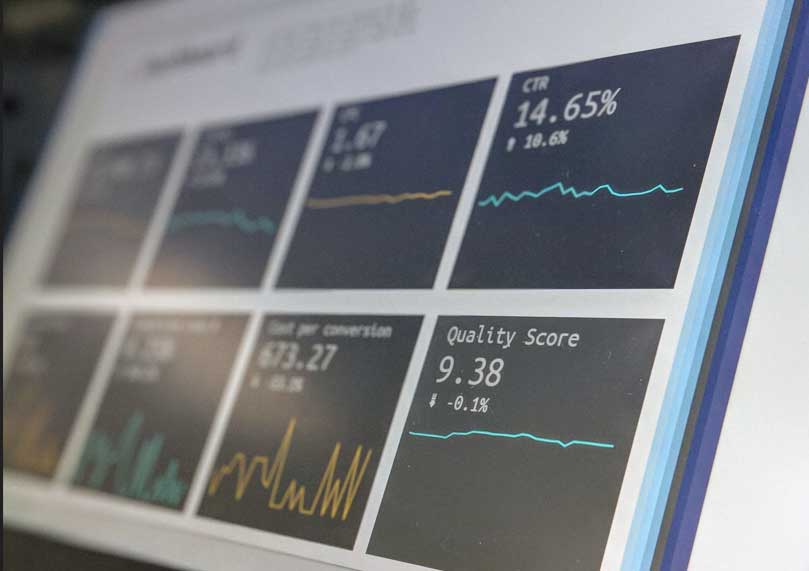SSL – A Catalyst For Higher SEO Rankings?
The factors at play behind Google’s ranking algorithm are usually clandestine. However, in August 2014, Google let us in on a tiny component of its algorithm when it announced that SSL would be used as a ranking signal in its search results. There have since been whispers of argument amongst digital marketers around the globe. The moot point – does SSL affect SEO? Or precisely asking, “does SSL improve SEO ranking at all?”. Most probably, it is known to you that an SSL Certificate is a must from the point of view of website security. But could it be true that by having an SSL certificate, SEO results could be improved? Let’s find out.
Source: (https://security.googleblog.com/2014/08/https-as-ranking-signal_6.html)
SSL SEO impact: What’s the correlation?
In response to this question, one may present you with loads and loads of data and still leave you clueless about the actual SSL impact on SEO – ‘data acrobatics’ is what it is rightly called. Since ‘brevity is indeed the soul of wit’, therefore, to answer this question in the crispiest of terms, SSL is moderately correlated with higher SEO rankings in SERPs. How did we arrive at this conclusion? Well, there have been three most conclusive studies in this regard:-
- The first study was carried out by Brian Dean in collaboration with Ahrefs. They analysed as many as 11.8 million Google search results to arrive at the definitive conclusion that HTTPS moderately correlates with higher rankings on Google’s first page.
- The second study was done by Moz in 2015. Titled ‘Search Engine Ranking Factors 2015’, the study found that using HTTPS had a slight positive correlation with Google rankings. In their study, the correlation turned out to be so low that page-level keyword agnostic features such as page length, international targeting, and the total number of links beat it. Hence they concluded that an SSL Certificate could be the ‘tie-breaker’ toward which Google had already pointed in 2014.
- The third analysis was carried out by Ahrefs. They concluded HTTPS to be just a lightweight ranking signal. Their study only corroborated Google’s announcement that HTTPS was more of a tie-breaker than something that could catapult your rankings, provided the other ranking factor variables remained unchanged (https://moz.com/search-ranking-factors/correlations)
The key takeaway
All the aforementioned three studies leave us with more or less the same conclusion – SSL is moderately correlated with higher SEO rankings in SERPs. How moderately? Well, according to some experts, HTTPS as a ranking signal can provide up to a 5% boost. In line with the “glass is either half-full or half-empty” argument, you could either conveniently choose to ignore SSL certification (if you haven’t yet converted your website to HTTPS/SSL) or, you could consider the 5% boost in SEO rankings from an SSL Certificate to be the difference between showing up on page one or page two of Google search results.
As an unbiased and sincere piece of advice, we could safely tell you that if you’re starting a new website, by all means, have HTTPS in place right from day 1. However, don’t rush into making a switch to HTTPS only to enhance your website’s SEO rankings – it likely won’t work like a magic wand for your website.







